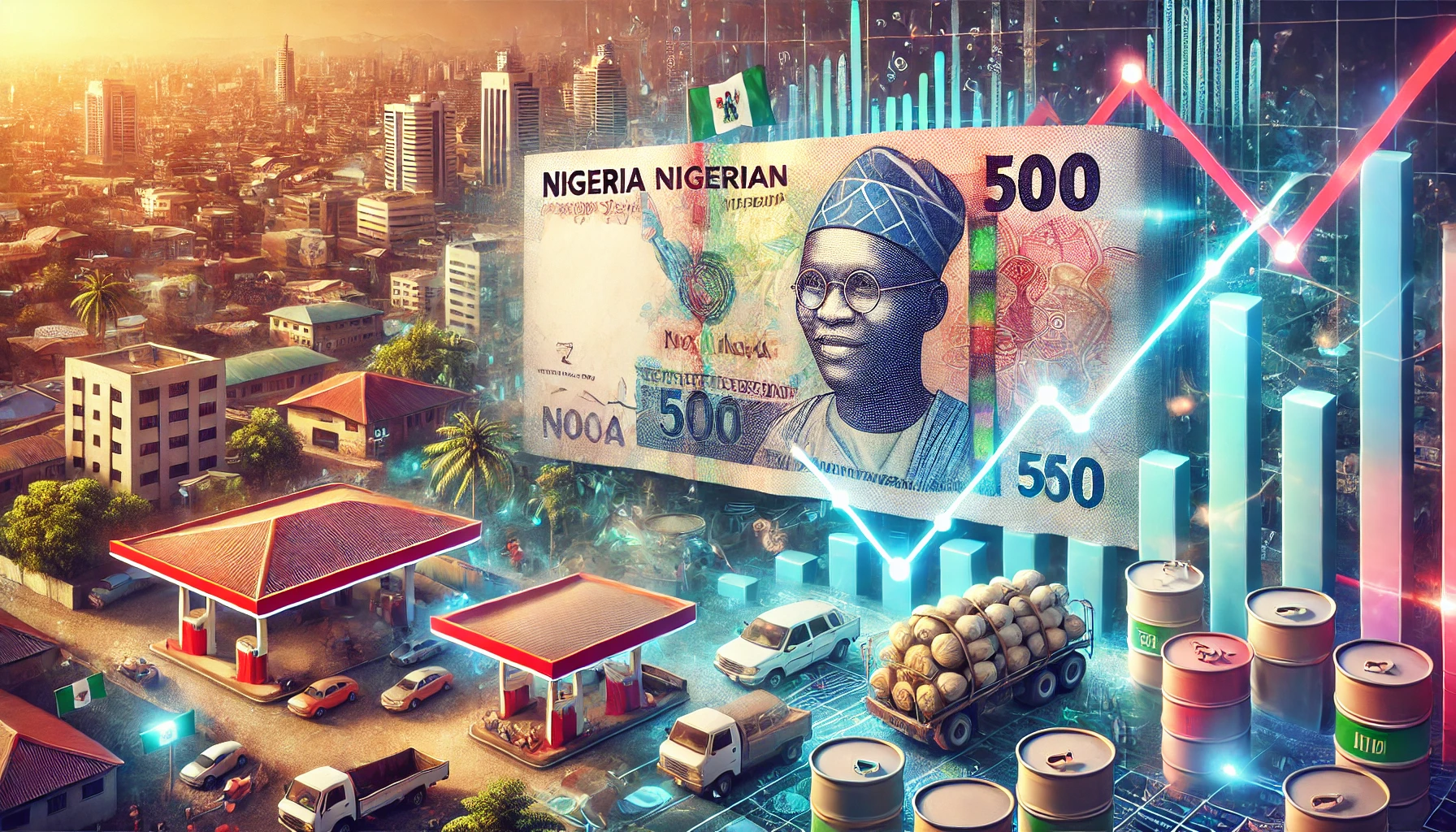
Currency reforms led by Nigerian President Bola Tinubu have quickly made the naira one of the most competitive currencies of the past 20 years, according to Indermit Gill, chief economist at the World Bank. Speaking at the Nigerian Economic Summit, Gill stressed that the decision to float the naira and remove fuel subsidies was crucial to averting a financial collapse of the country.
The exchange rate reforms, Gill said, represent a major opportunity for the private sector, but the devaluation of the naira has also led to an increase in poverty and price increases, raising concerns about possible civil unrest.
Reforms prevent fiscal crisis but lead to new challenges
Before the reforms, the official exchange rate of the naira was below NGN500 per dollar, while the parallel market rate was around NGN900. This large difference weighed heavily on the economy. Since the devaluation, the naira has continued to decline against other currencies, despite government action against illegal currency dealers and crypto exchanges. This has made the naira one of the worst performing currencies globally.
‘Nigeria must maintain reform course for long-term economic growth’
Despite the adverse consequences, Gill recommended staying the current course and emphasized that these reforms are essential for the long term. “Nigeria must stay on this path for at least 10 to 15 years to fundamentally transform its economy,” Gill said. He also urged to better protect vulnerable citizens by increasing direct payments to poor households and introducing social safety nets, funded by the billions saved by eliminating fuel subsidies.
Although Tinubu’s reforms have brought Nigeria to a crucial economic turning point, significant challenges remain, especially around social inequality and rising poverty.
Source: https://newsbit.nl/nigeria-versterkt-de-naira-onder-tinubus-beleid-grote-uitdagingen-blijven-ondanks-hervormingen/

